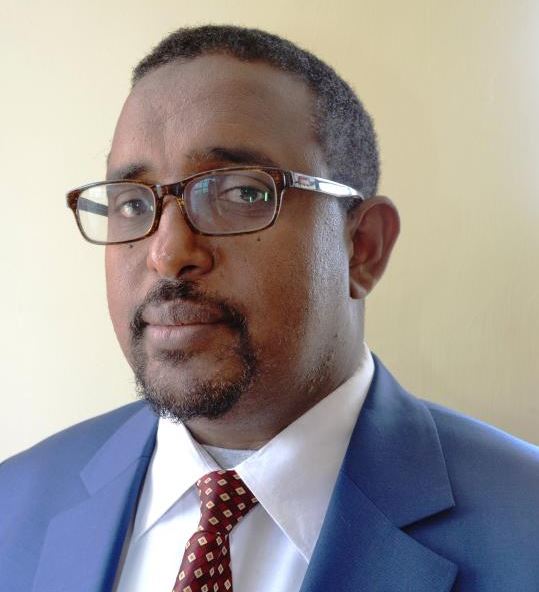×
The Standard e-Paper
Stay Informed, Even Offline

Anyone who has travelled along the Isiolo-Mandera road has a story to tell. The preparation normally starts days ahead of the planned trip.
If one is using private means, then the vehicle has to be a four-wheel drive strong enough to survive to the end of the journey. The suspension coils of the vehicle must be suited for a rough road that stretches 740kms.